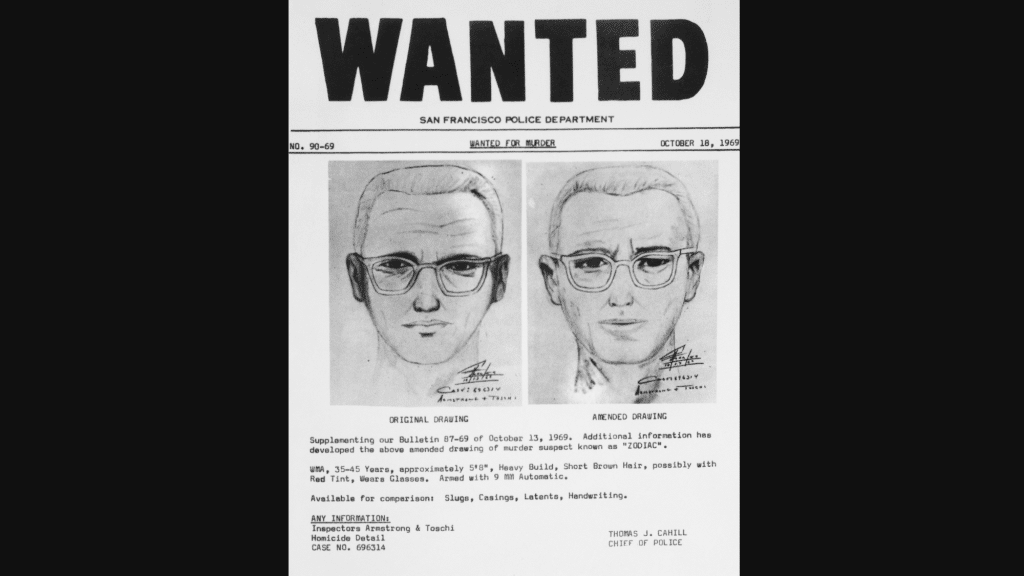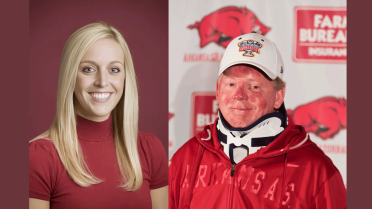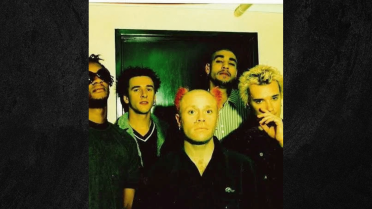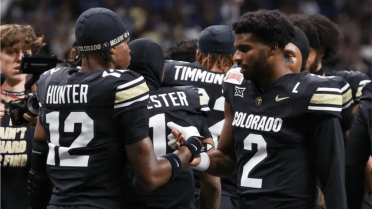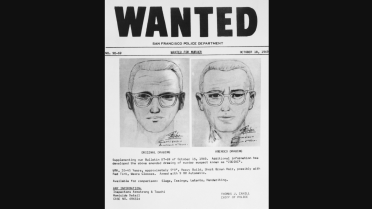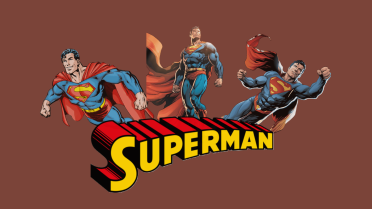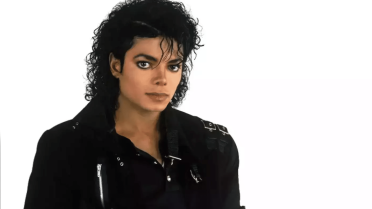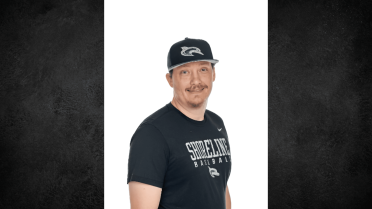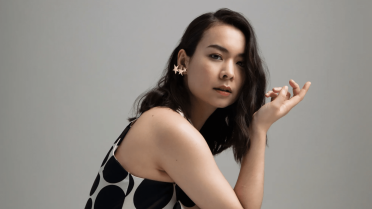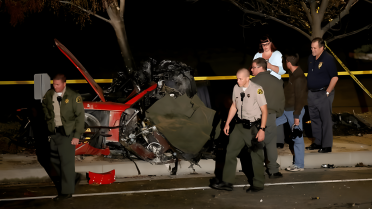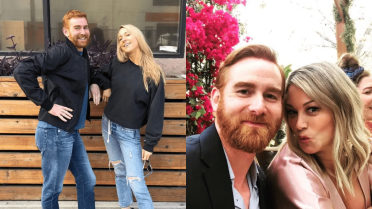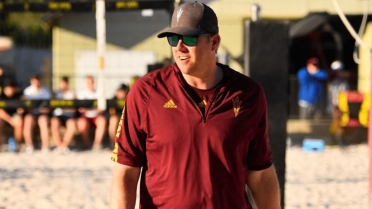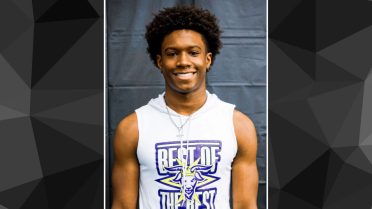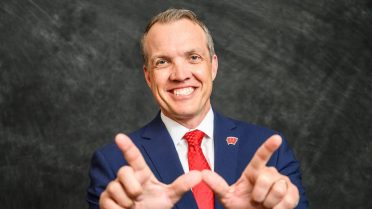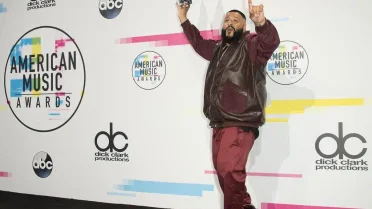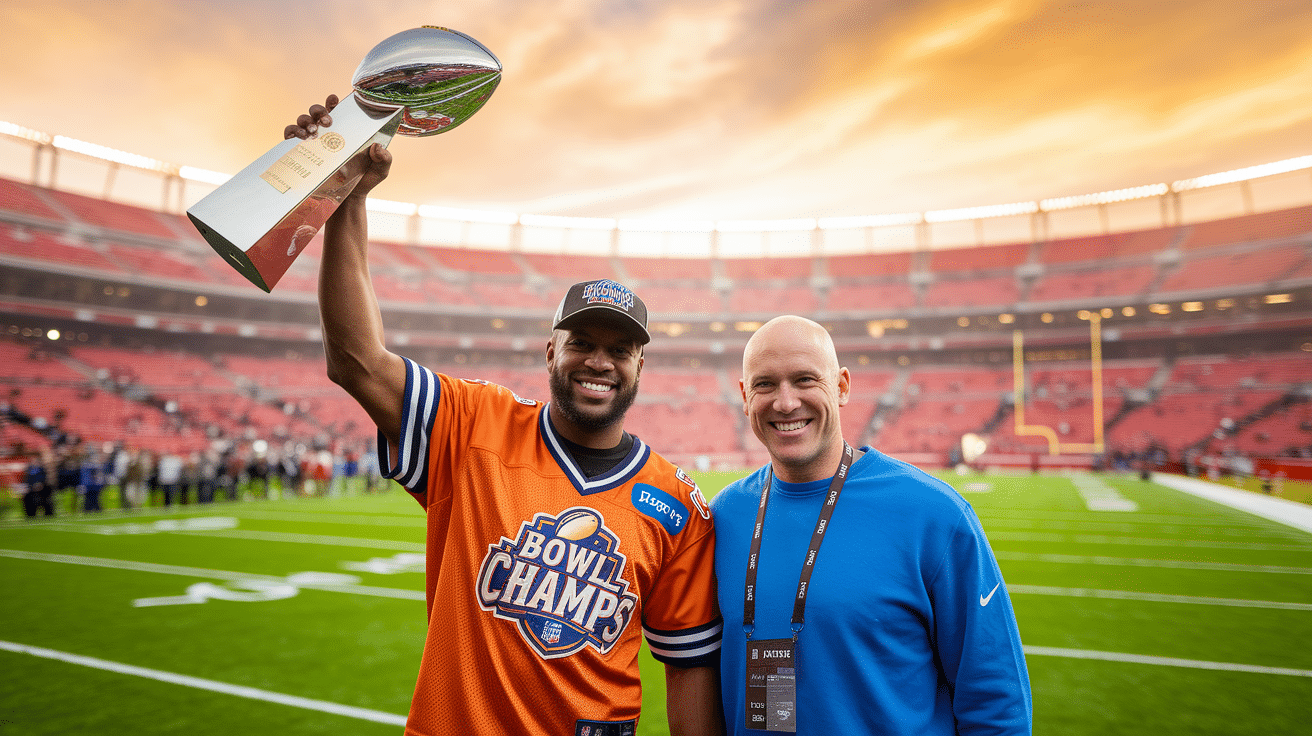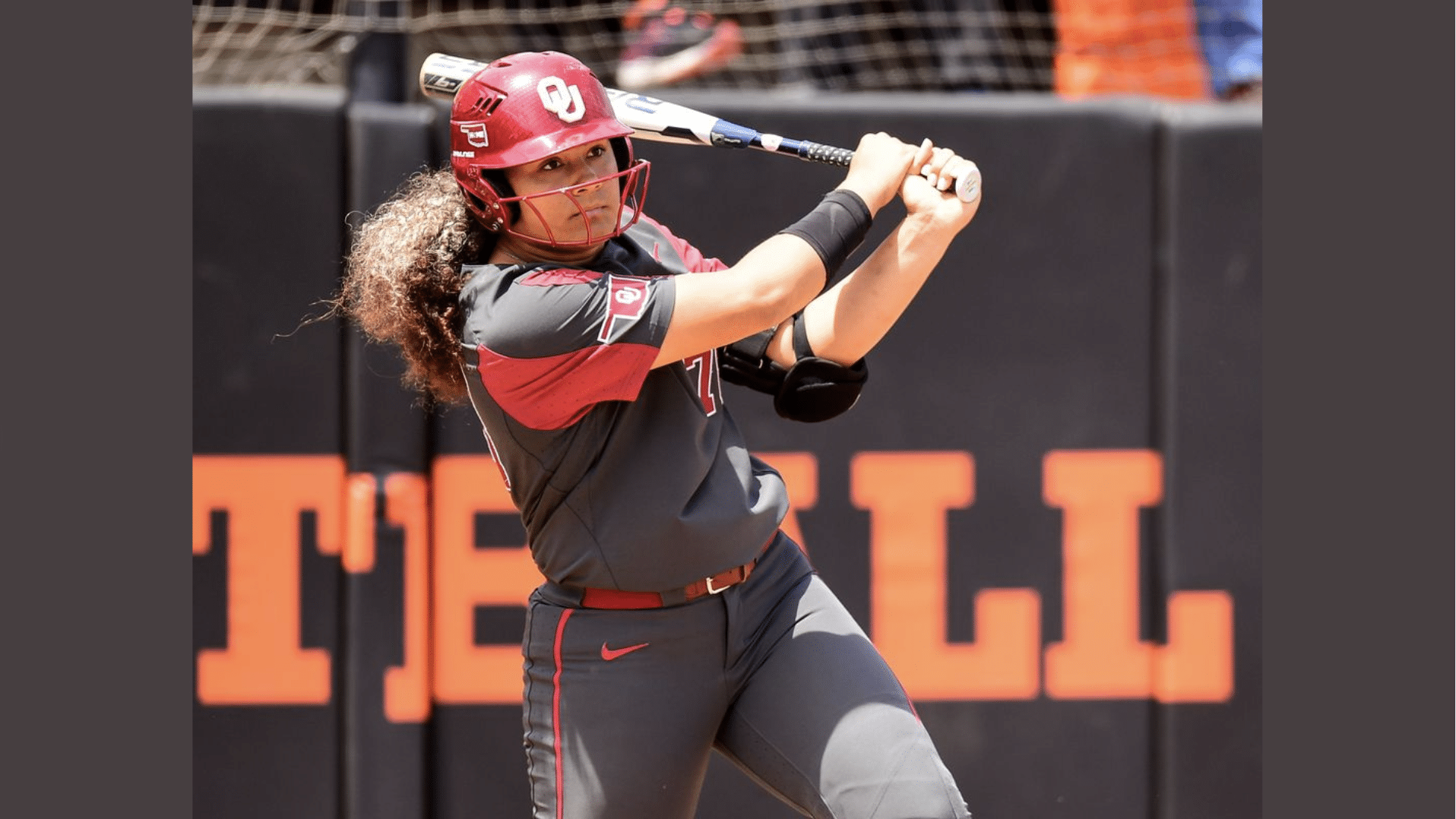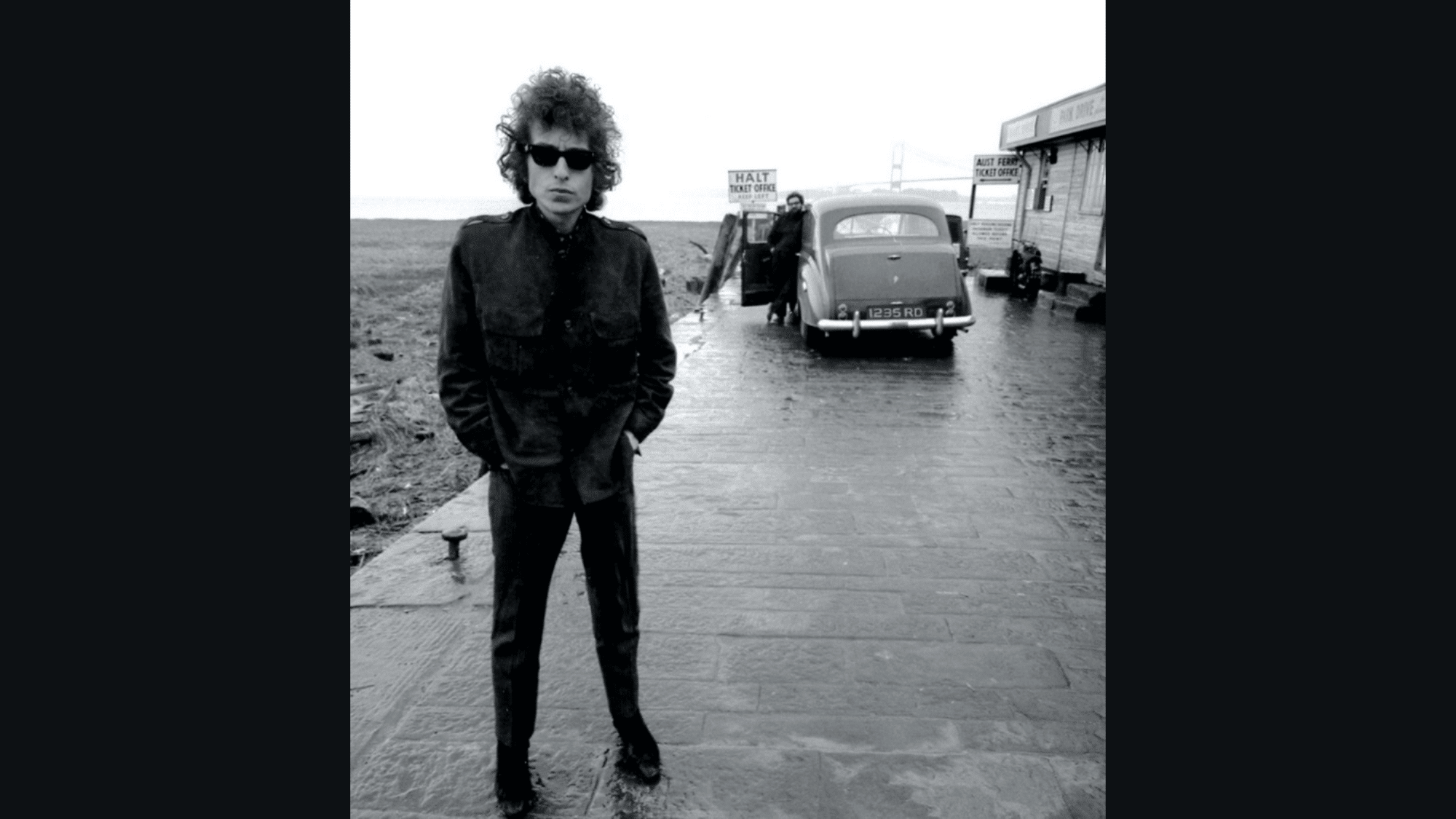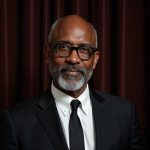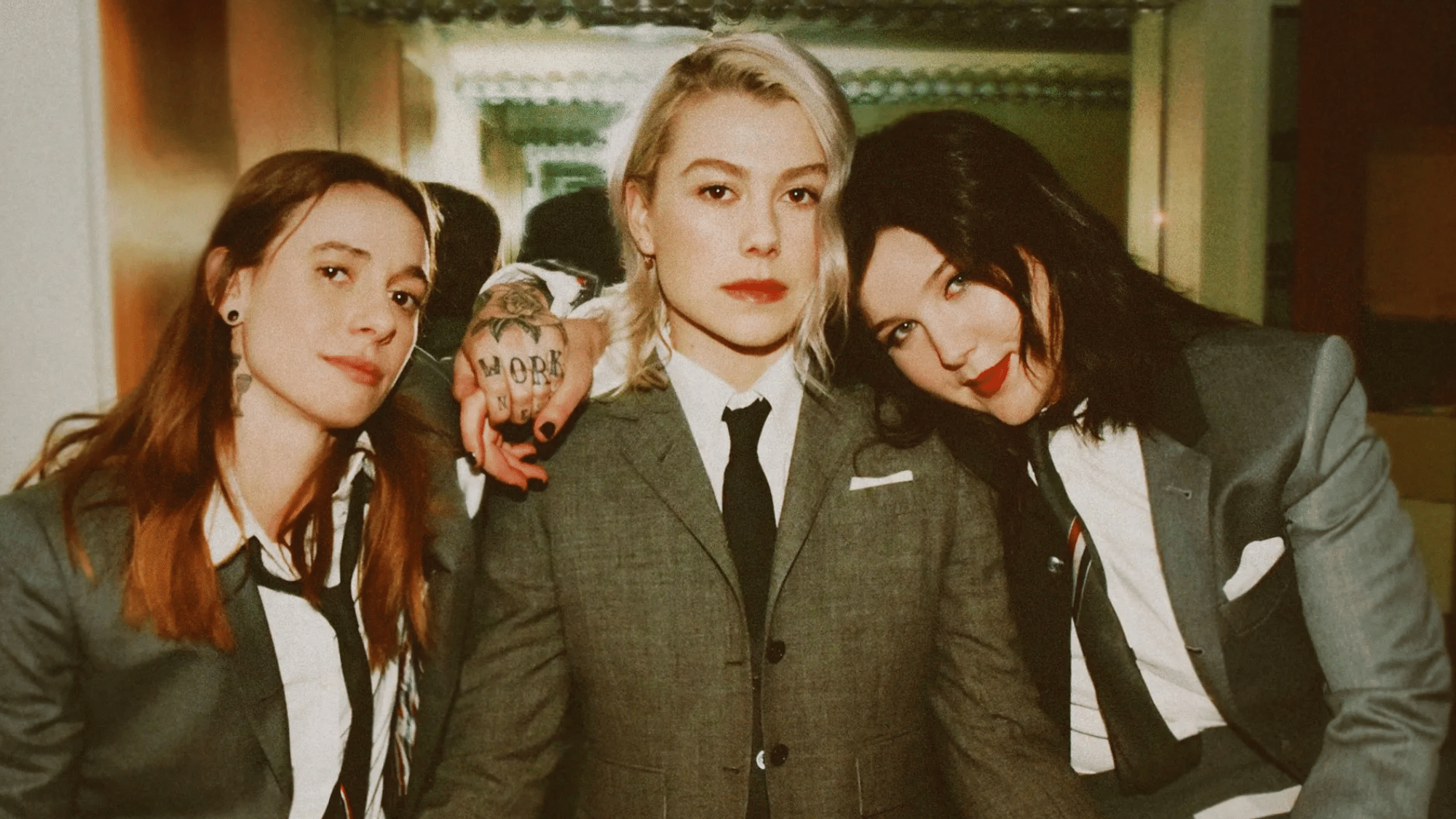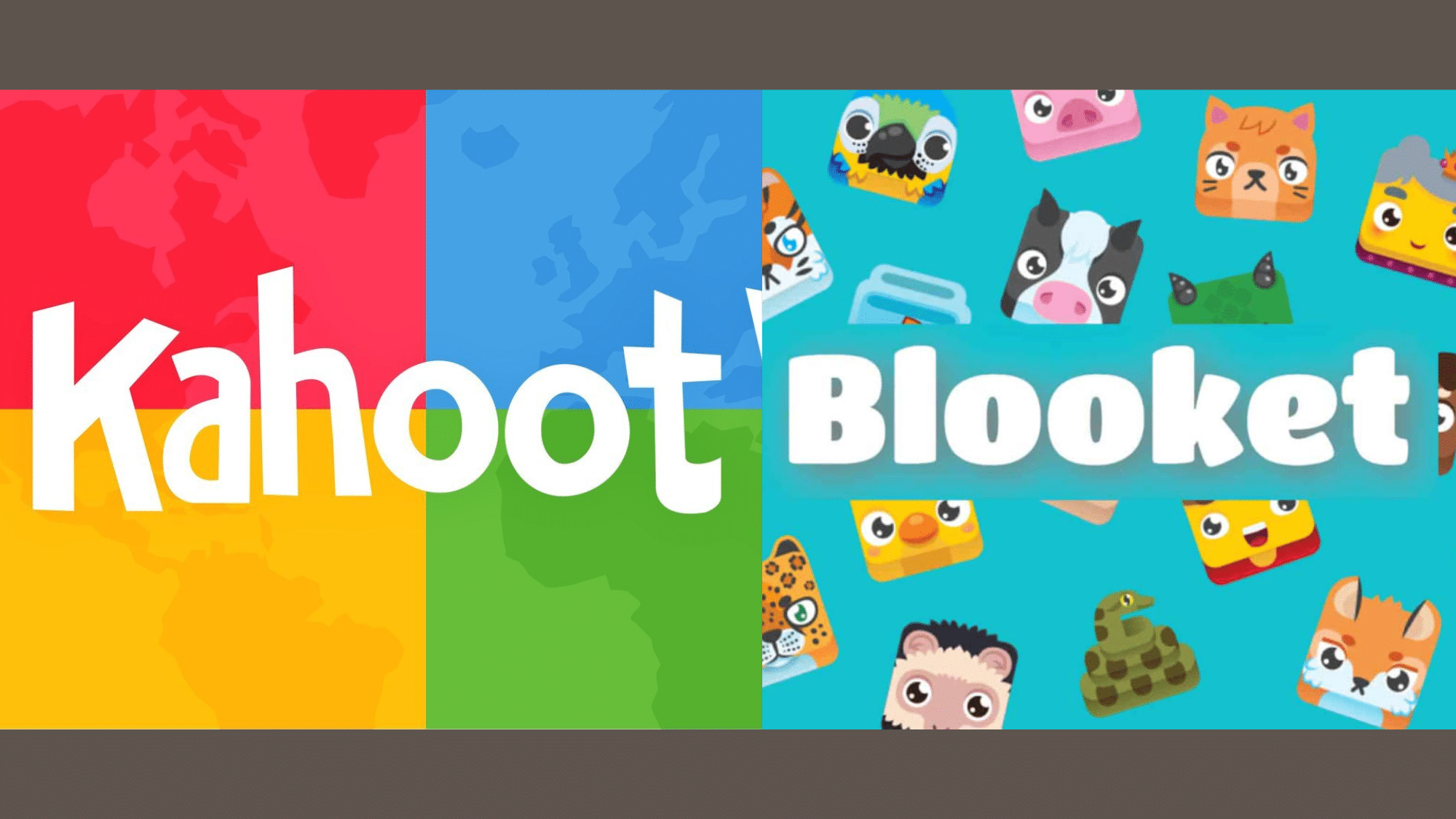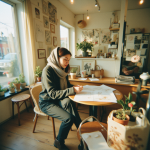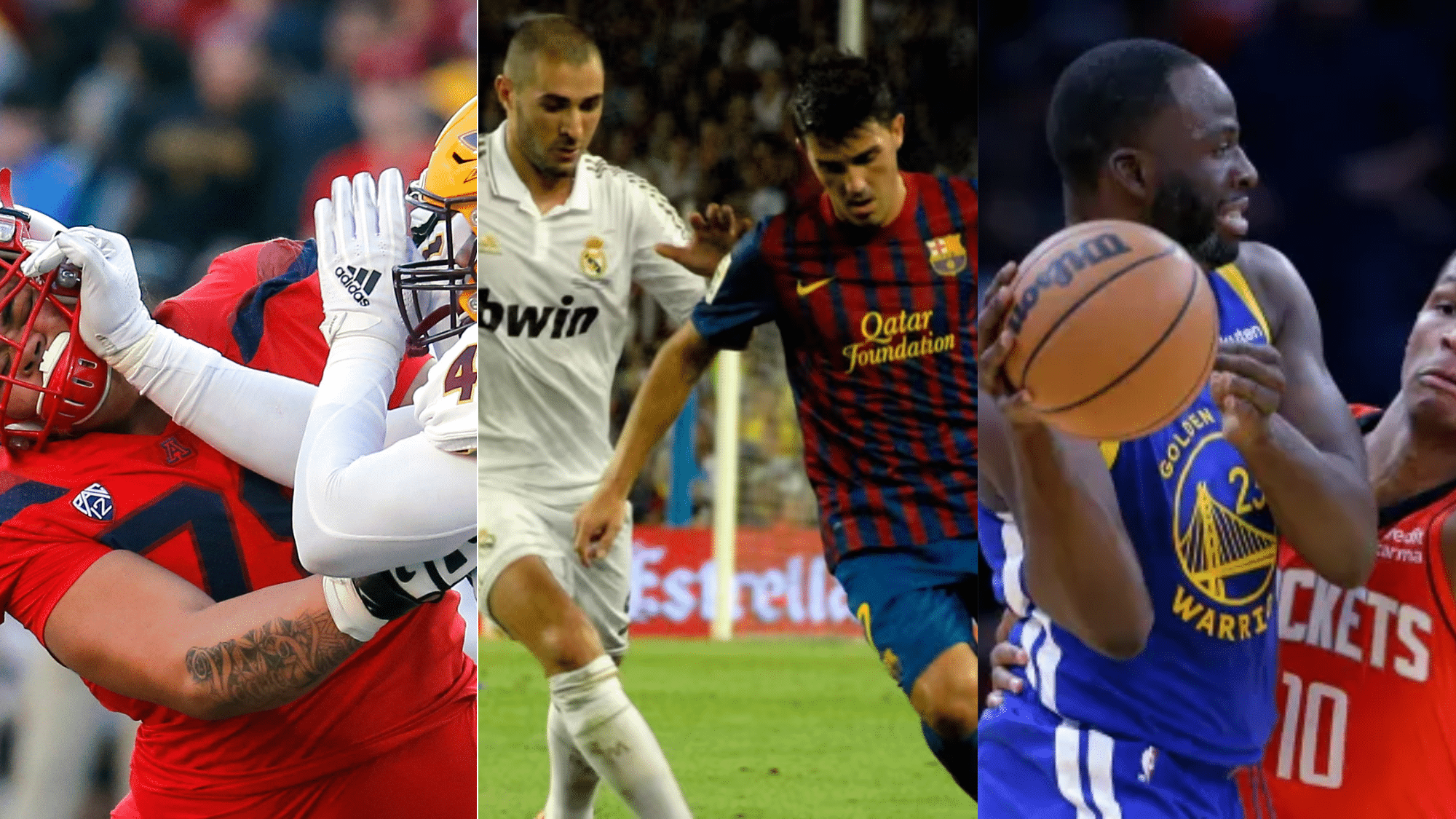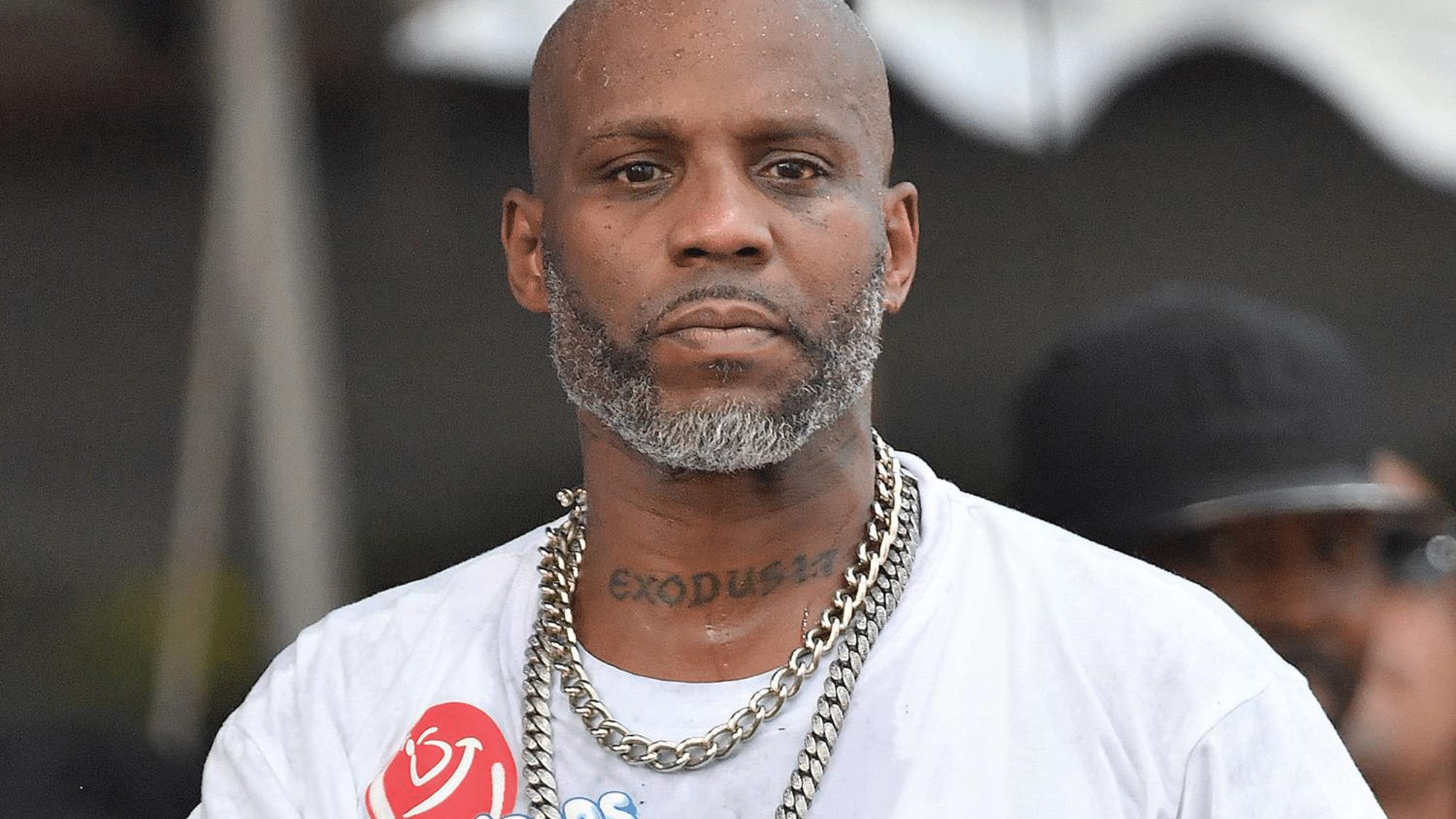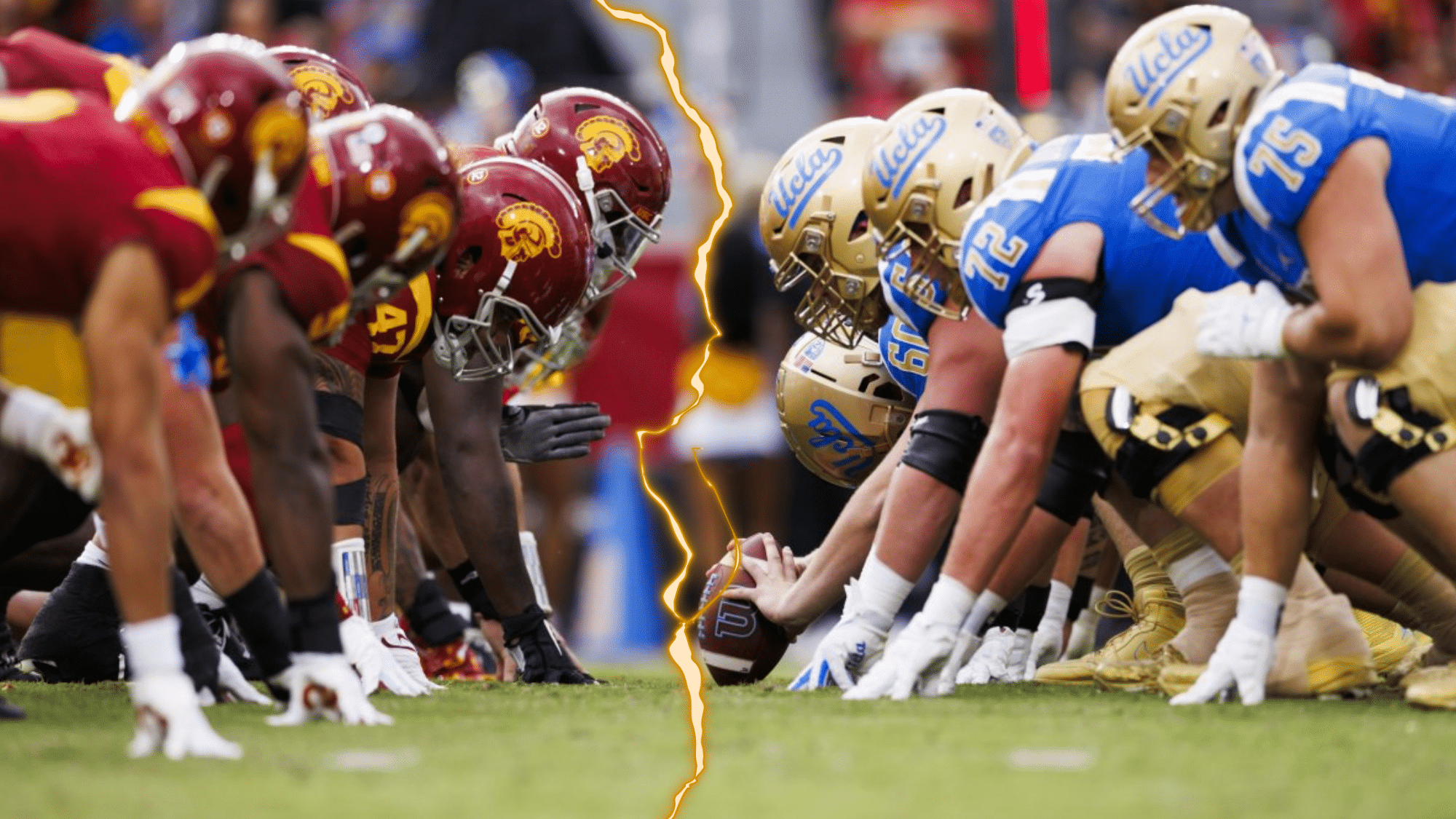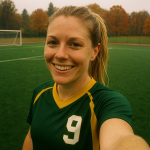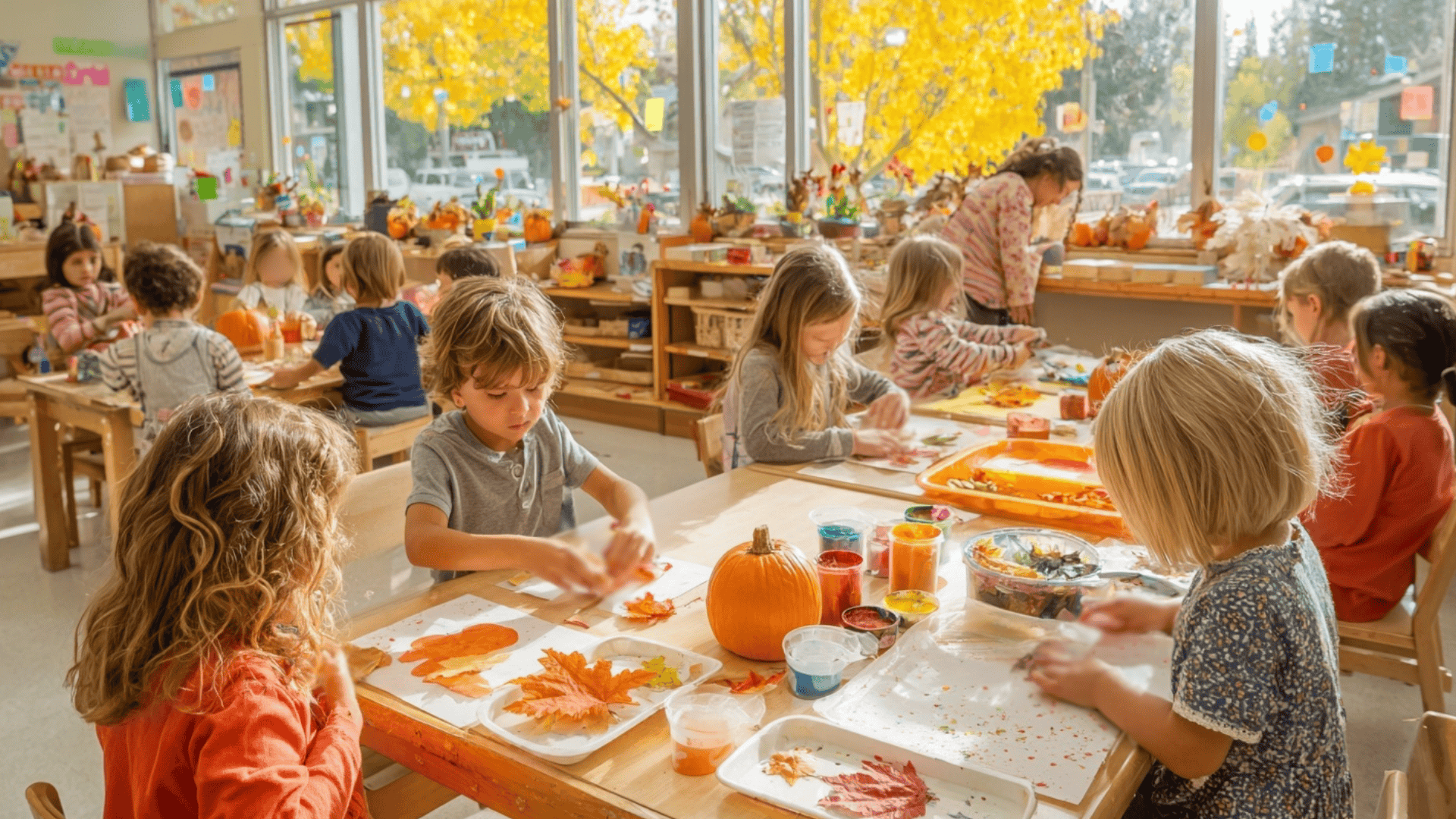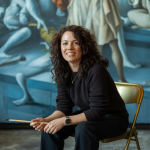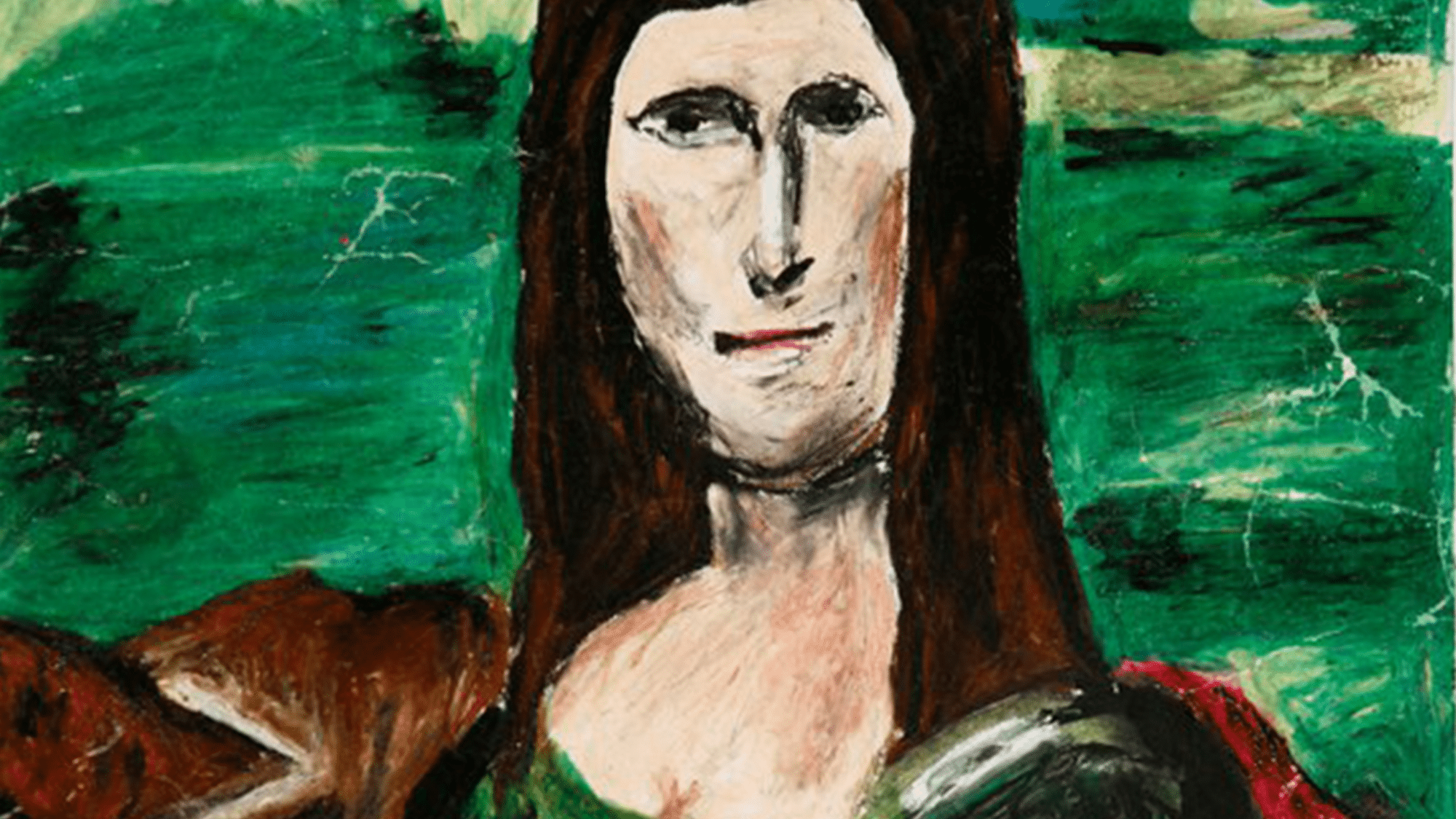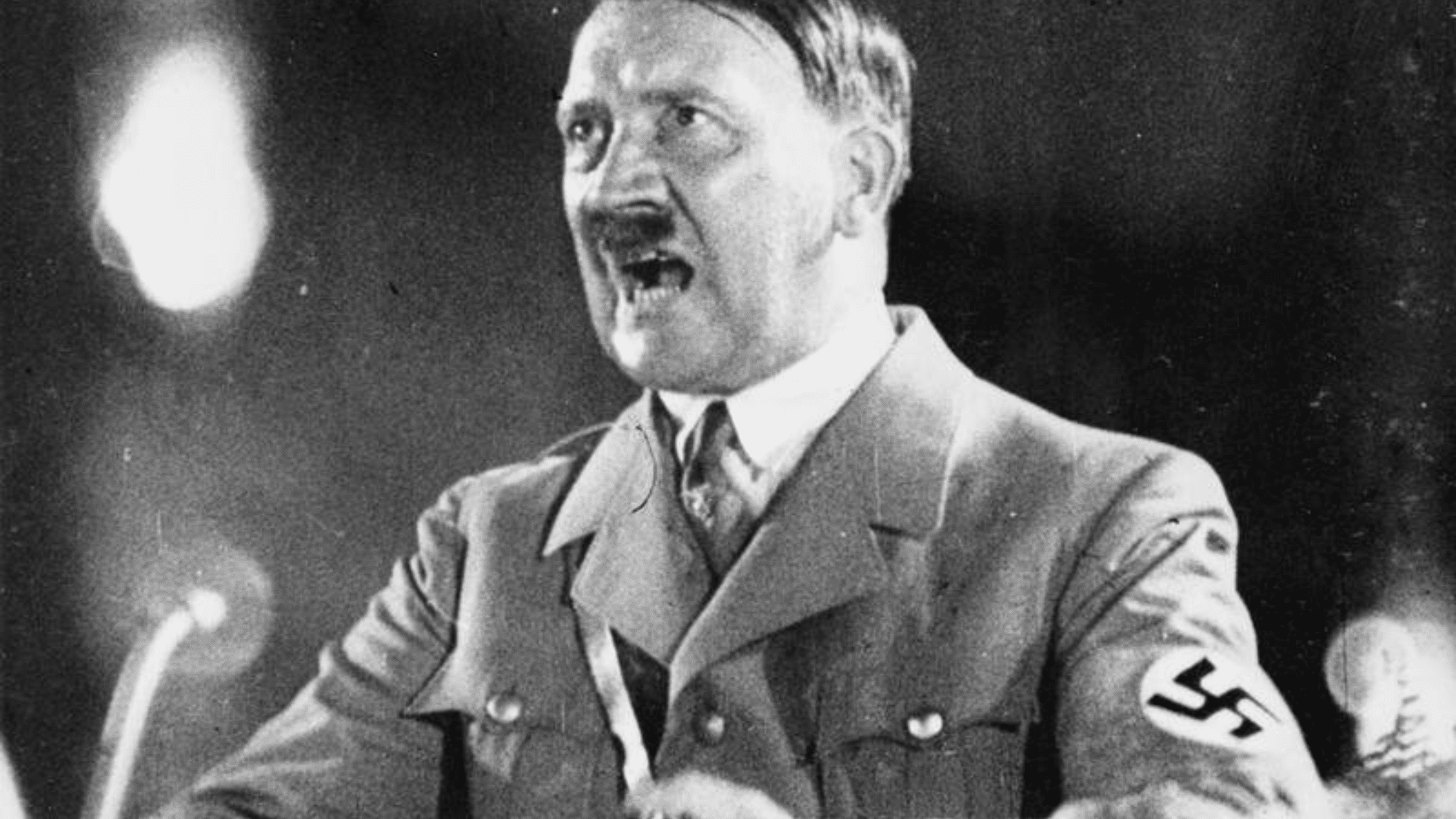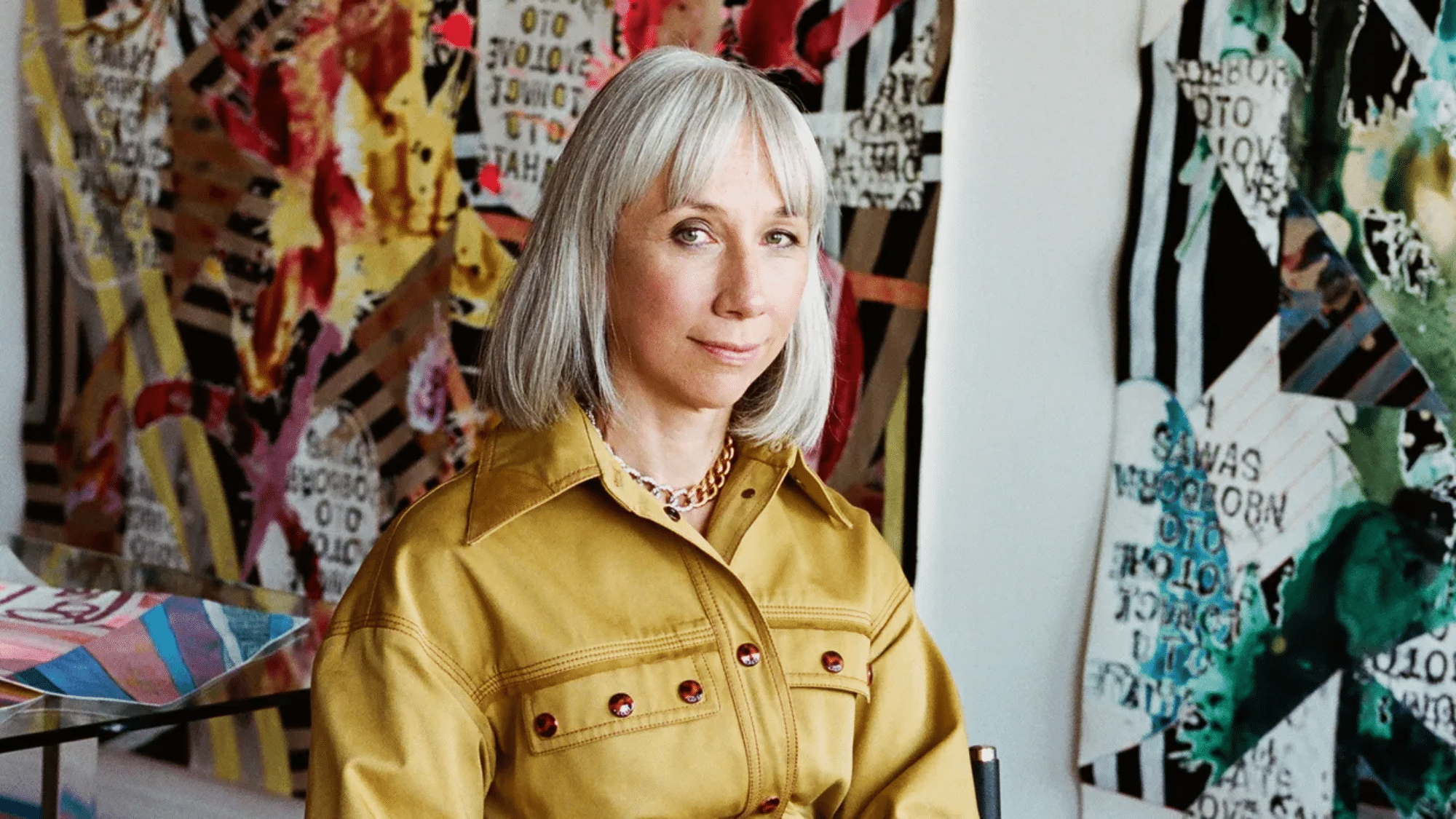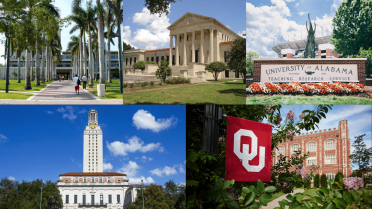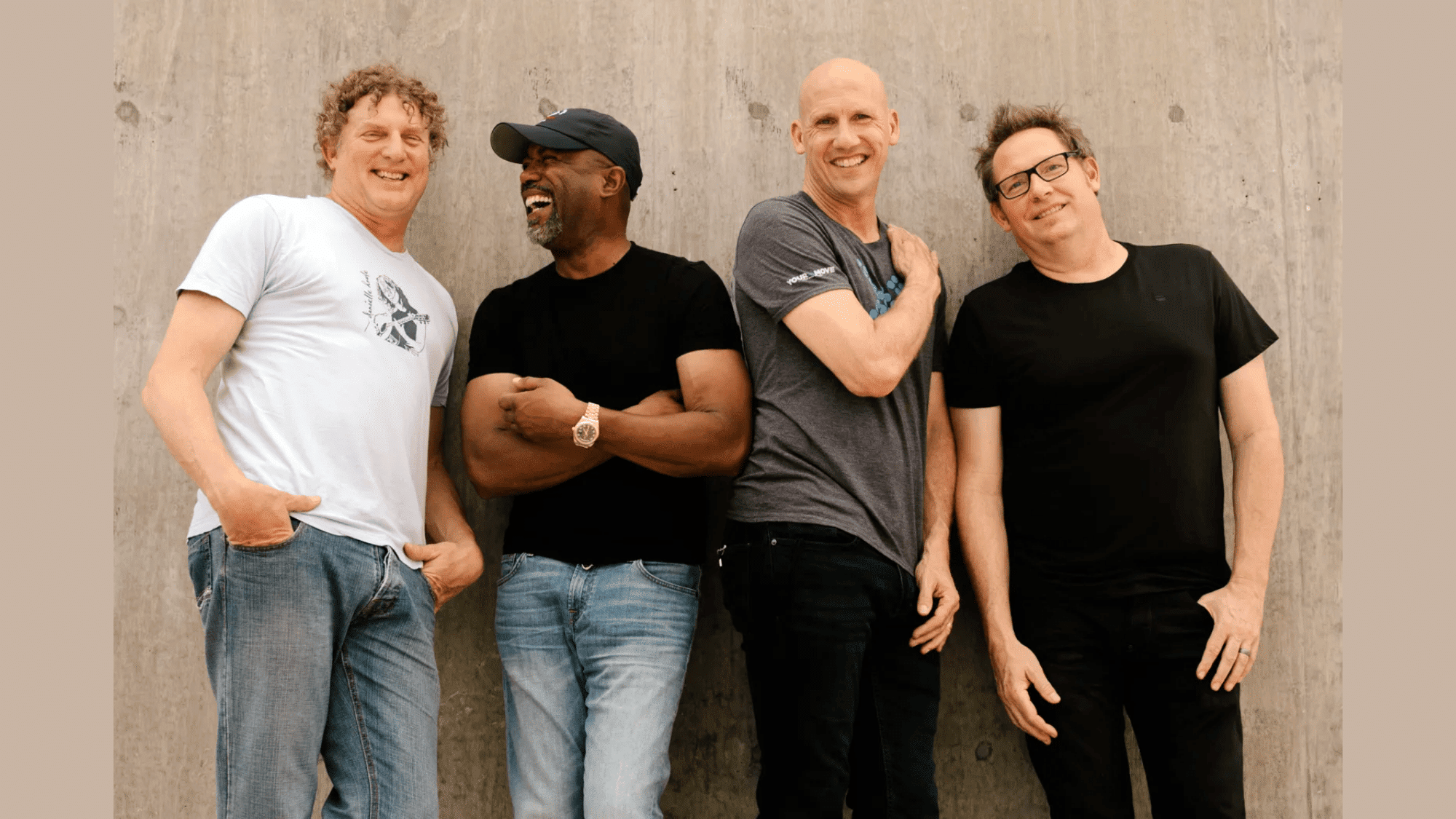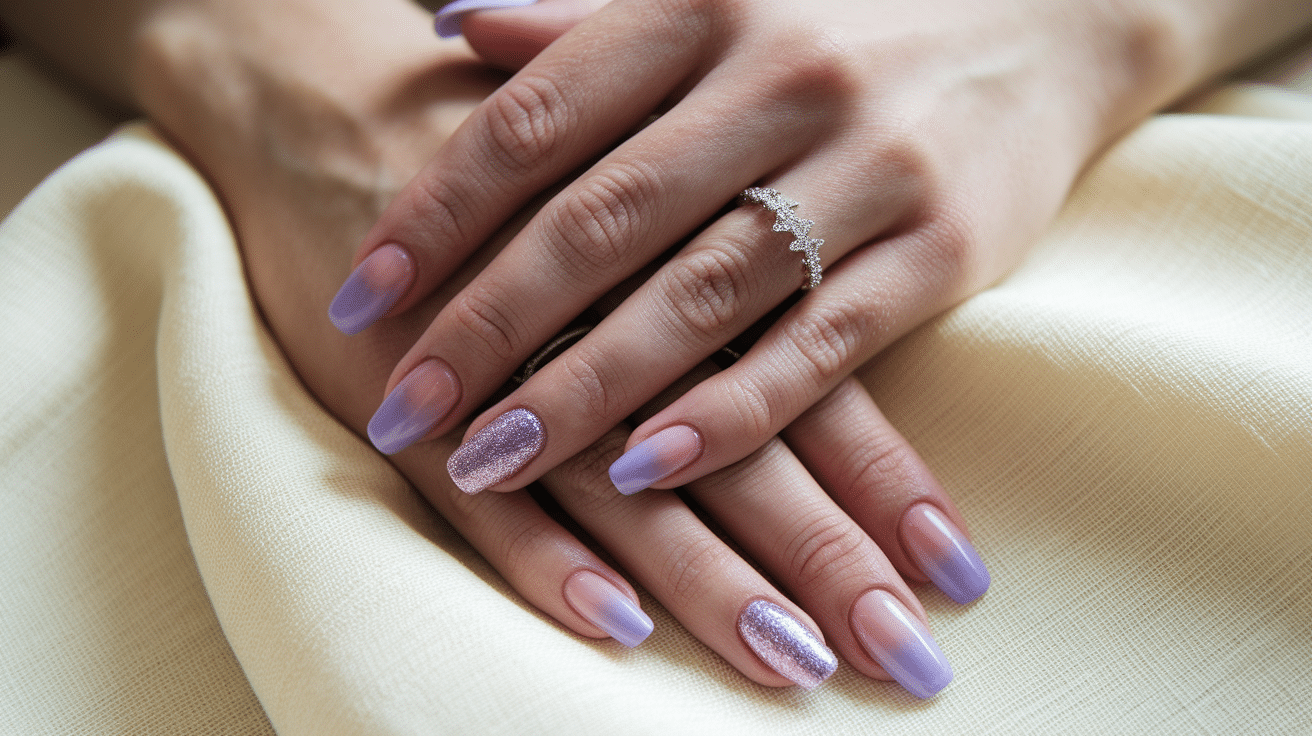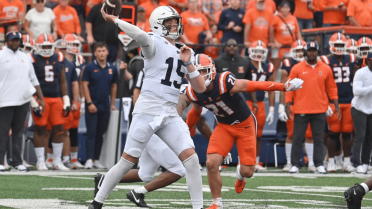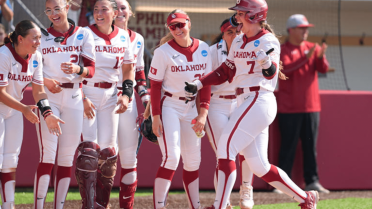Top Stories
The Zodiac Killer case remains one of America’s unsolved mysteries, having captured the attention of true crime enthusiasts and investigators for over five decades. If you are searching for the most recent news, updates, and developments related to the Zodiac
Are you curious about how many albums Drake has released so far? We have got you covered! From his start on Degrassi to becoming one of the biggest names in music, Drake has dropped hit after hit. But with studio
LATEST
Top Stories
Choosing the perfect flowers for Mother’s Day is a meaningful tradition, yet the logistics can introduce stress. A flower subscription service transforms this thoughtful gesture into a smooth and completely reliable experience for everyone involved. This modern model delivers both
LATEST
Top Stories
Convenience is everywhere today. It shapes how we shop, eat, travel, and even manage our daily routines. Small choices that save time often feel harmless in the moment. They offer comfort, speed, and simplicity. But there is a hidden cost
Welcome to cuindependent, your space for bold ideas, fresh perspectives, and engaging stories. We bring you content that informs, inspires, and sparks conversation.
Stay connected — subscribe to our newsletter and never miss an update!
Explore
Our Picks
From inspiring artistry to achievements in sports and beyond, we bring the highlights.
A curated view of stories shaping conversations across fields today.
Some games aren’t just played, they are felt in the soul. These iconic rivalries go beyond the scoreboard, turning into battles of pride, passion, and identity that echo across generations. Whether it’s football in Argentina or cricket in India, these matchups light up stadiums, stir entire nations, and write unforgettable chapters.....
Fall is a magical season filled with vibrant colors, changing leaves, and endless creative inspiration. For teachers and parents, it’s the perfect time to introduce fall art projects that help children explore textures, colors, and nature while developing fine motor and creative skills. If you’re planning a classroom craft or.....
more
Meet Our Team
At CU Independent, we’re committed to delivering real, bold, and honest stories. Get to know the passionate team behind the content!
Samantha Lee
(Editor-in-Chief)
Dr. Alex Thompson
(Senior Features Writer)
Meet Our Team
Hootie & the Blowfish is a beloved American rock band, best known for their chart-topping hits in the 1990s. Formed in 1986 in Charleston, South Carolina, the band quickly rose to fame with their unique blend of pop, rock, and blues. Their catchy songs and relatable lyrics connected with fans, making.....
Starting a vinyl collection is about more than just owning music. It is a tactile experience that connects you to the history of sound. You get to hold the artwork, read the liner notes, and enjoy a warm audio quality that digital files cannot match. Collecting is a journey that requires.....
If you’re a parent navigating the delightful chaos of family life, you already know that creating a nurturing environment for your little ones can be both exciting and challenging. Your home needs to look beautiful, feel comfortable, and most importantly, remain safe for your child. That’s where the right rug can.....
Restoring hair has shifted from a manual craft to a high-precision medical discipline in the changing world of medical aesthetics. The integration of advanced technology is no longer a luxury; it has become the standard for predictability, safety, and artistry for those experiencing hair loss. Surgeons performing hair restoration understand the.....
Our Contributors
As Seen On








